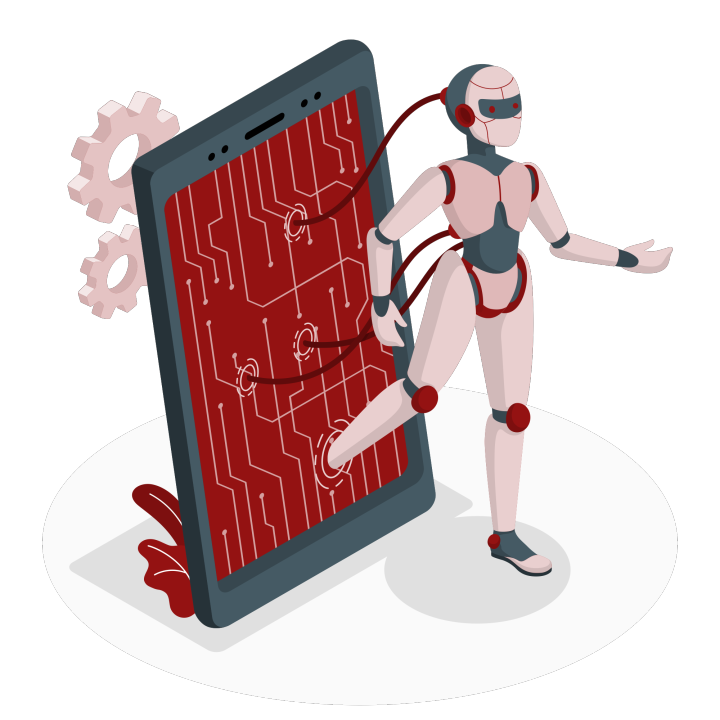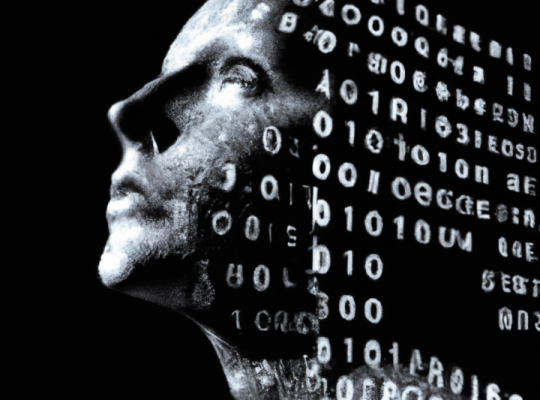Singularity and Artificial General Intelligence: A Leap into the Future

Abstract
This essay explores the concept of the Singularity and Artificial General Intelligence (AGI), focusing on the potential implications and challenges of this technological leap. The thesis argues that the advent of AGI could potentially lead to a Singularity, a point of profound and irreversible societal change. The essay draws on primary sources from leading experts in the field, including Ray Kurzweil, Nick Bostrom, and Stuart Russell.
Introduction
The Singularity, as defined by futurist Ray Kurzweil, refers to a future point in time when technological growth becomes uncontrollable and irreversible, leading to unforeseeable changes to human civilisation (Kurzweil, 2005). This essay argues that the advent of AGI, a form of artificial intelligence that can understand, learn, and apply knowledge across a wide range of tasks at a human level, could potentially trigger this Singularity.
The Potential of AGI
AGI, unlike narrow AI, has the potential to outperform humans at most economically valuable work. This capability could lead to rapid advancements in various fields, including medicine, climate science, and economics (Bostrom, 2014). However, the development of AGI also presents significant risks and ethical challenges.
Risks and Ethical Challenges
The development of AGI could lead to a power concentration, where control over AGI could be used to gain an unfair advantage or cause harm (Russell, 2019). Additionally, there are concerns about the alignment problem, the challenge of ensuring that AGI’s goals align with human values.
The Singularity and AGI
If AGI surpasses human intelligence, it could potentially trigger a Singularity. This event could lead to rapid technological advancements, potentially causing profound societal changes. However, the Singularity also presents significant risks, including the potential for misuse of technology and the possibility of a catastrophic event if control over AGI is lost (Kurzweil, 2005).
Conclusion
The advent of AGI could potentially lead to a Singularity, a point of profound and irreversible societal change. While this event could lead to rapid advancements in various fields, it also presents significant risks and ethical challenges. Therefore, it is crucial to ensure that the development of AGI is guided by ethical considerations and robust safety measures.
Annotated Bibliography
-
Bostrom, N. (2014). Superintelligence: Paths, Dangers, Strategies. Oxford University Press. Bostrom’s book provides a comprehensive overview of the potential implications of AGI, including the risks and ethical challenges.
-
Kurzweil, R. (2005). The Singularity Is Near: When Humans Transcend Biology. Viking. Kurzweil’s book introduces the concept of the Singularity and discusses the potential implications of this event.
-
Russell, S. (2019). Human Compatible: Artificial Intelligence and the Problem of Control. Viking. Russell’s book discusses the risks associated with AGI, including the alignment problem and the potential for power concentration.
References
- Bostrom, N. (2014). Superintelligence: Paths, Dangers, Strategies. Oxford University Press.
- Kurzweil, R. (2005). The Singularity Is Near: When Humans Transcend Biology. Viking.
- Russell, S. (2019). Human Compatible: Artificial Intelligence and the Problem of Control. Viking.





